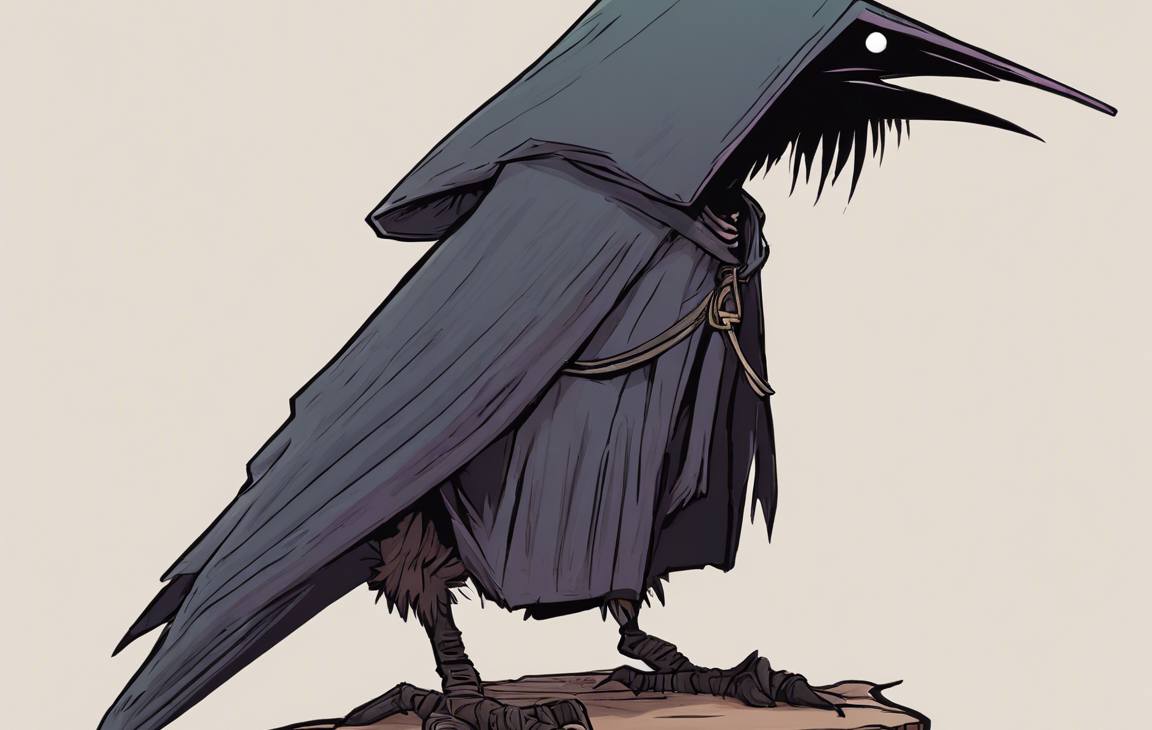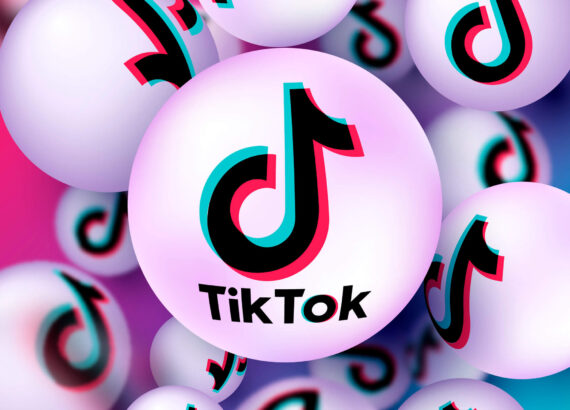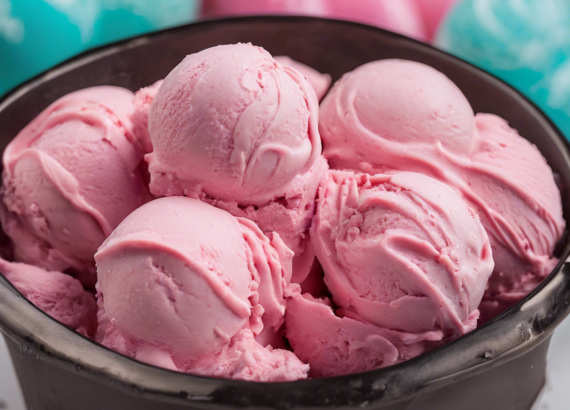Kenku are an interesting and enigmatic race in the fantasy realm, known for their mimicking abilities and expressive personalities. If you’re looking to create a Kenku character for your next Dungeons & Dragons campaign, or perhaps for a piece of creative writing, giving them a name that reflects their unique traits can add depth and authenticity to your storytelling. In this article, we’ll explore the world of Kenku names, providing you with a range of options, tips, and examples to help you find the perfect name for your feathered friend.
Understanding Kenku Names
Before delving into specific name examples, it’s important to understand the underlying characteristics of Kenku names. Kenku are known for their mimicry of sounds and voices rather than having a language of their own. As such, their names are often inspired by the sounds and phrases they hear in their environment, be it the rustling of leaves, the crash of waves, or snippets of conversation from passersby. Kenku names are typically short, filled with a variety of syllables, and may include clicks, whistles, or other non-verbal sounds.
When choosing a name for your Kenku character, consider the following traits to create a name that aligns with their nature:
- Mimicry: Reflect the Kenku’s talent for mimicry in their name by incorporating sounds or phrases they have picked up.
- Environmental Influences: Draw inspiration from the Kenku’s surroundings, such as natural sounds or snippets of speech from different races.
- Expressive Sounds: Experiment with onomatopoeic words, clicks, whistles, or other sounds to make the name more expressive and fitting for a Kenku.
Unique Kenku Names
To help you get started on naming your Kenku character, here are some unique and creative name ideas divided into male, female, and gender-neutral options:
Male Kenku Names
- Klicket
- Thrumm
- Whistler
- Rufflebeak
- Cawlix
- Murmuring
Female Kenku Names
- Songbird
- Whisperwing
- Hushling
- Chirrup
- Melody
- Sylphine
Gender-Neutral Kenku Names
- Echo
- Nimbus
- Zephyr
- Quill
- Pavo
- Cypher
Tips for Creating Kenku Names
When crafting a Kenku name, the aim is to evoke a sense of the character’s background, abilities, or personality through the sounds and arrangement of the name. Here are some tips to guide you in creating an authentic and evocative Kenku name:
- Choose Sounds Wisely: Experiment with a combination of sounds, including clicks, whistles, and traditional phonetic elements, to create a name that sounds distinct and fitting for a Kenku.
- Consider Origin: Think about where your Kenku character may have picked up certain sounds, whether from nature, urban environments, or specific languages spoken in your world.
- Reflect Personality: If your Kenku character has a particular trait or demeanor, try to reflect that in their name. For example, a melodious name for a Kenku with a musical inclination.
- Keep it Short: Kenku names are typically short and snappy, making them easy to remember and pronounce.
Examples of Kenku Naming Conventions
In some fantasy worlds, Kenku names may follow specific conventions or patterns based on cultural norms or linguistic influences. Here are a few examples of naming conventions you can adapt or draw inspiration from for your Kenku character:
- Family Mimicry: Kenku names may involve a family tradition of mimicking specific sounds or phrases, leading to names that are variations or combinations of these elements.
- Nature-Inspired: Names could be inspired by the sounds of the natural world, such as wind rustling through leaves, rivers babbling, or birdsong at dawn.
- Historical Echoes: Some Kenku names could be echoes of historical events or figures, distorted through layers of mimicry and storytelling within the Kenku community.
Frequently Asked Questions (FAQs)
1. Can Kenku speak in their own voice or only mimic others?
Kenku lack the ability to speak in their own true voice and can only mimic sounds and voices they have heard before. This limitation is a crucial aspect of their race’s lore and abilities.
2. Do Kenku have a written language?
Kenku do not possess a written language of their own but may be able to understand and communicate in languages they have heard and mimicked.
3. How do Kenku communicate with each other?
Kenku primarily communicate with each other through a combination of mimicry, gestures, and sounds. Their ability to mimic voices and sounds aids in conveying complex ideas and emotions.
4. Can Kenku mimic magical or supernatural sounds?
Yes, Kenku can mimic a wide range of sounds, including magical or supernatural ones, depending on their exposure and ability to replicate such sounds accurately.
5. Do Kenku keep the same name throughout their lives?
While Kenku may retain a core aspect of their name or a particular sound pattern, they are known to incorporate new sounds and words into their names over time as they hear and mimic new sounds.
6. Are there regional variations in Kenku names?
Regional variations in Kenku names may occur based on the sounds predominant in the environment or the languages spoken in that particular region. These variations can add richness to a Kenku character’s background.
7. Can Kenku create original sounds or words?
Kenku have the ability to combine and modify sounds they have heard to create new sounds or words. This creativity in mimicry allows them to adapt and innovate with the sounds at their disposal.
8. How important are names to Kenku culture?
Names hold significant importance in Kenku culture as they serve as markers of identity, history, and affiliations within their communities. Kenku names are integral to their sense of self and belonging.
9. Can Kenku change their names?
Kenku have the flexibility to modify or adapt their names over time as they encounter new sounds or experiences. This fluidity in naming reflects the evolving nature of Kenku identity.
10. Are there famous Kenku figures known for their names?
In lore and legends, there are tales of renowned Kenku with names that have become synonymous with intelligence, cunning, or mastery of mimicry. These figures often have names that evoke their legendary feats or abilities.
In conclusion, naming your Kenku character is an opportunity to infuse creativity, personality, and depth into your storytelling. By considering the mimicry abilities, environmental influences, and linguistic nuances of Kenku culture, you can craft a name that resonates with your character’s essence. Whether drawing inspiration from nature, sounds, or historical echoes, the perfect Kenku name can enhance the narrative and bring your feathered friend to life in your fantasy adventures.






